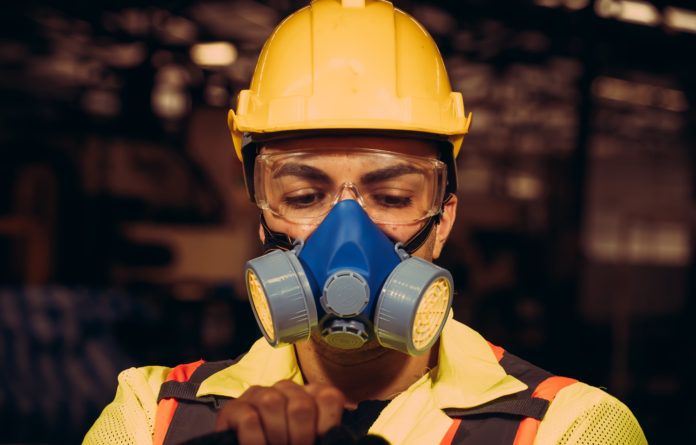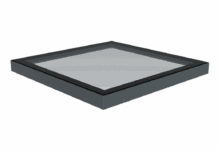Health and Safety Executive (HSE) inspectors have begun a targeted inspection initiative focusing on manufacturing businesses where materials that contain silica are used.
The inspections, which will include brick and tile manufacturers, will check whether employers and workers know the risks involved when dealing with silica and ensure that businesses have control measures in place to protect workers’ respiratory health.
Prolonged exposure to airborne particles of respirable crystalline silica (RCS) can lead to life-changing respiratory conditions such as silicosis, chronic obstructive pulmonary disease and lung cancer.
This comes as the HSE refreshes its silica guidance for brick and tile manufacturing, stonework and foundries and has an ebulletin to support this industry. HSE also has advice for employers and workers in manufacturing that use materials that contain silica.
The institution said that employers have a legal duty to make suitable arrangements to manage health and safety and ensure they comply with the Control of Substances Hazardous to Health Regulations 2002 (COSHH). Inspectors will be looking for evidence that businesses have put in place effective measures, such as Local Exhaust Ventilation (LEV), water suppression and where appropriate, use of protective equipment such as Respiratory Protective (RPE), to reduce workers exposure to the RCS. If any health and safety breaches are discovered, HSE will take enforcement action to make sure workers’ health is protected.
David Butter, head of manufacturing at HSE, said: “It’s hugely important for manufacturing businesses where workers use materials that contain silica to act now to ensure they comply with the law and protect their workers from the risks of devastating lung disease. Businesses should take note that that good ventilation in the workplace and protective equipment are just some of the measures they need in place to protect the respiratory health of workers.
“Ahead of our autumn/winter inspection campaign, we want employers and workers to make sure they are aware of the risks associated with the activities they do. For example, brick and tile manufacture, foundry workers and stoneworkers where they cut and shape bricks, tiles and stone that can create RCS dust that could be breathed in. To assist them we have refreshed our guidance. In addition, we have committed to providing duty holders with regular updates, information and advice through our ebulletin.”




